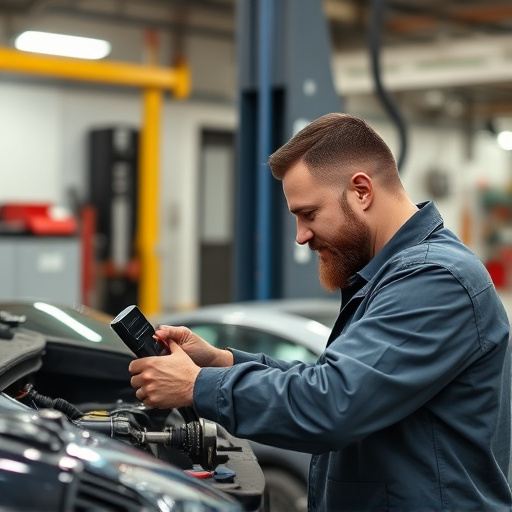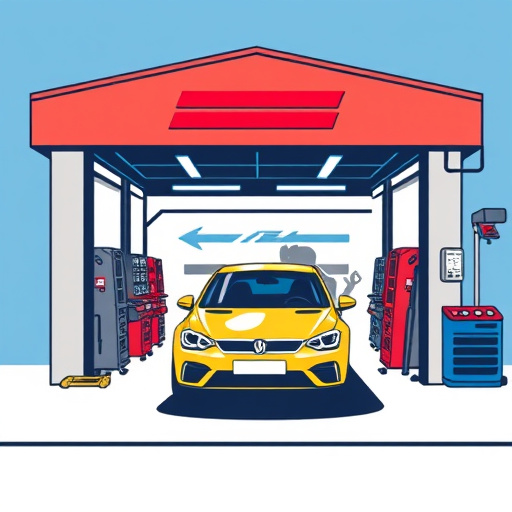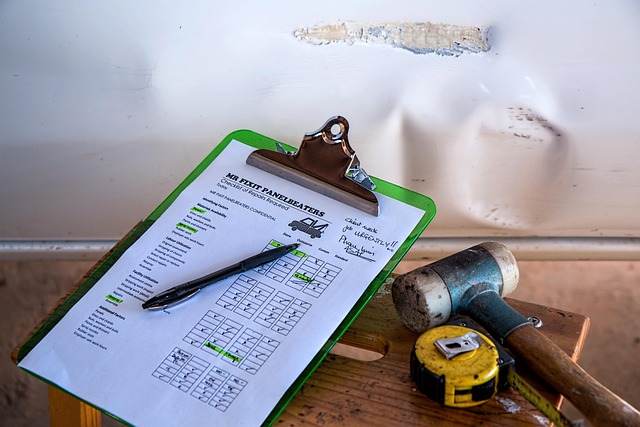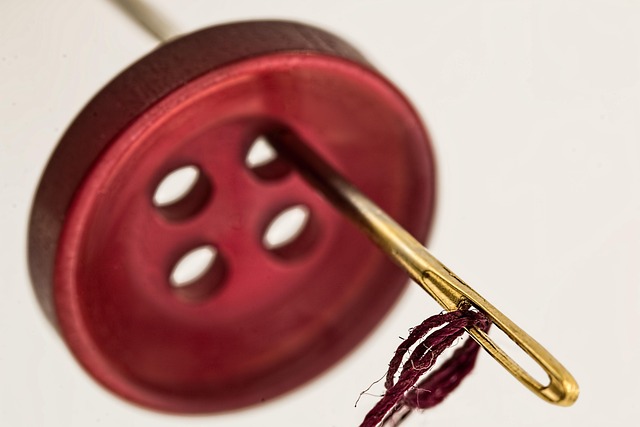Adjusters play a vital role in the collision claim process, acting as intermediaries between insurers and policyholders. They conduct thorough vehicle damage assessments, provide expert auto insurance policy guidance, coordinate repairs with shops, estimate costs, verify coverage, and ensure quality work to streamline settlements, protecting policyholders and insurers from fraudulent claims.
In the intricate landscape of insurance, adjusters play a pivotal role in the collision claim processing. They are the unsung heroes who navigate the complex web of assessing damage, verifying facts, and facilitating settlements. Understanding their multifaceted responsibilities is key to appreciating the efficiency and accuracy they bring to the entire collision claim process. From initial assessments to final negotiations, this article delves into the critical tasks and strategies that define the adjuster’s crucial role.
- Understanding the Role of Adjusters
- Key Tasks in Collision Claim Processing
- Enhancing Efficiency and Accuracy
Understanding the Role of Adjusters

Adjusters play a pivotal role in the collision claim process, acting as intermediaries between insurers and policyholders. Their primary responsibility is to evaluate and assess damage to vehicles involved in accidents, ensuring fair compensation for car owners. By meticulously examining cars, from assessing hail damage repair to scrutinizing every detail of bodywork services, adjusters determine the cost of repairs or total vehicle replacement.
This crucial process involves not just physical inspection but also a deep understanding of auto insurance policies and industry standards for car damage repair. Adjusters facilitate communication between all parties involved, helping to streamline the collision claim process. Their expertise ensures that policyholders receive accurate estimates for their car bodywork services, enabling them to make informed decisions regarding repairs or claims settlements.
Key Tasks in Collision Claim Processing
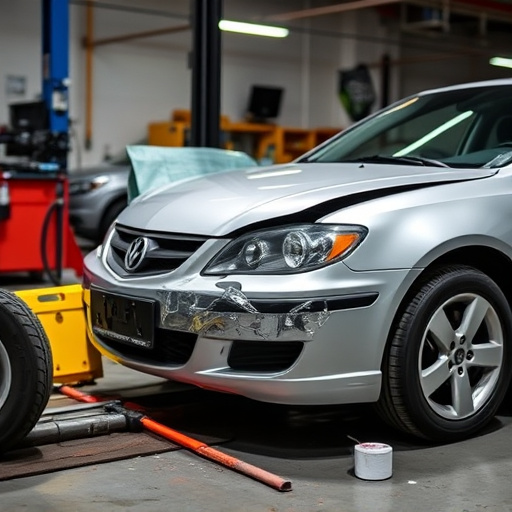
The collision claim processing involves several critical tasks that require meticulous attention to detail and a strong understanding of insurance policies. Adjusters play a pivotal role in this process, acting as intermediaries between policyholders and insurance companies. They are responsible for evaluating the extent of damage to the vehicle, which includes assessing the condition of the car bodywork and determining the cost of repairs. This initial step is crucial as it sets the foundation for the entire claim.
Adjusters also coordinate with collision repair shops, facilitating communication to ensure accurate and efficient restoration of the vehicle. They handle negotiations with repair facilities, selecting qualified and reputable collision repair shops known for their high-quality work on car bodywork. Furthermore, adjusters manage the financial aspects, estimating costs, verifying coverage, and ensuring policyholders receive fair compensation for their vehicles’ repairs or replacements.
Enhancing Efficiency and Accuracy
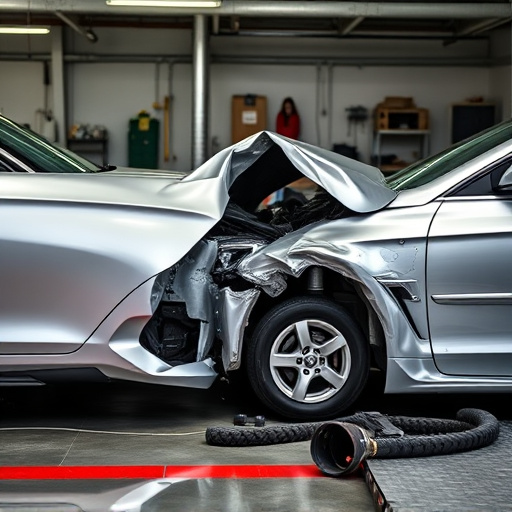
In the collision claim process, adjusters play a pivotal role in enhancing efficiency and accuracy. They serve as the liaison between insurance companies, policyholders, and collision repair shops, ensuring smooth communication and timely resolution. Adjusters meticulously assess damage to vehicles, including auto glass replacement and bumper repair, by thoroughly inspecting the scene and gathering relevant data.
By utilizing their expertise, adjusters streamline the entire process from initial claim filing to final settlement. They verify repairs performed at trusted collision repair shops, guaranteeing quality workmanship. This meticulous attention to detail not only ensures policyholders receive adequate compensation but also prevents fraudulent claims, fostering a more robust and reliable auto insurance ecosystem.
Adjusters play a pivotal role in the collision claim processing, ensuring a smooth and efficient resolution. By understanding their key tasks and the impact they have on each step of the process, we can appreciate their indispensable contribution to managing and enhancing the overall effectiveness of collision claims. Through continuous improvement and adherence to best practices, adjusters enable faster settlement times, enhanced accuracy, and improved customer satisfaction during what can be a challenging time for policyholders.
